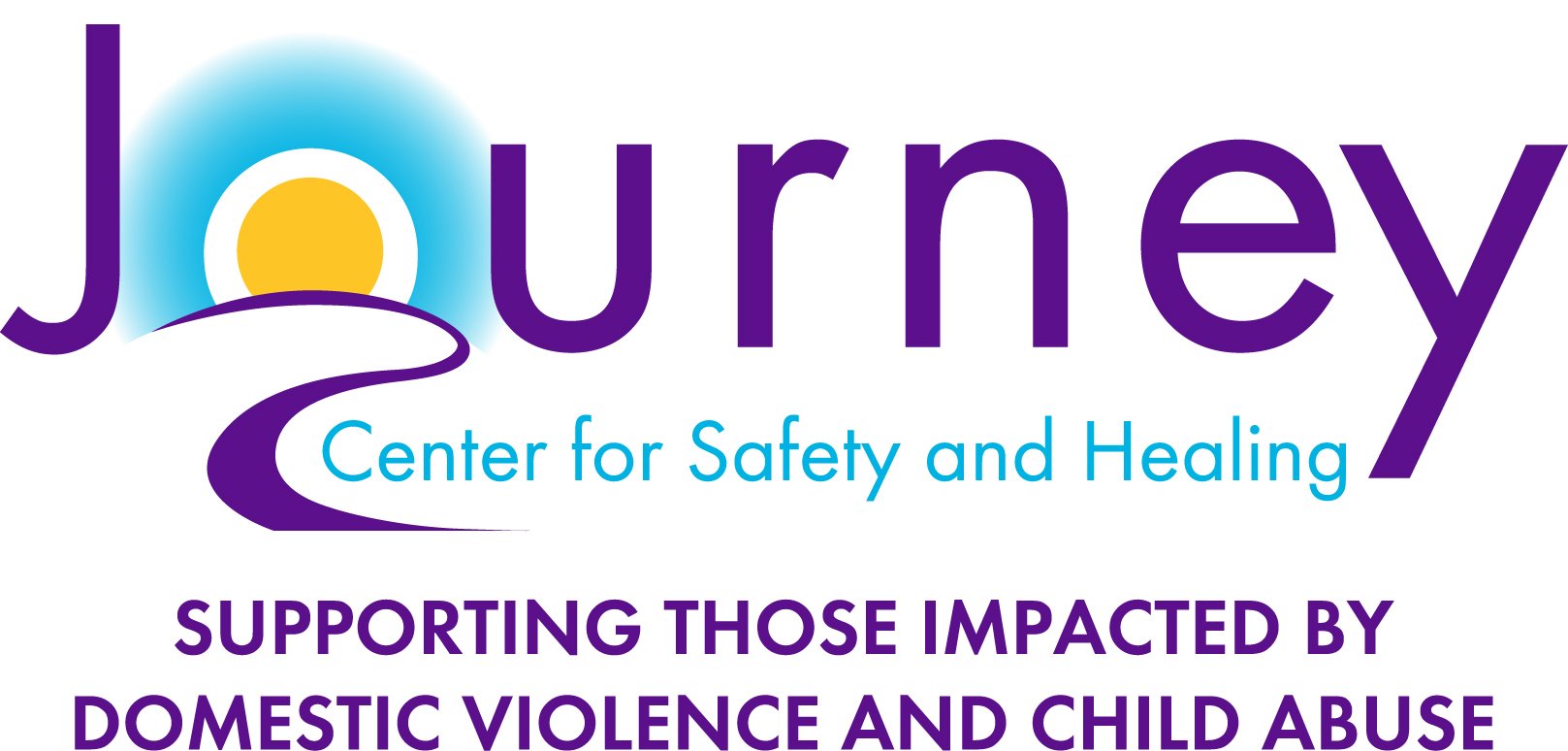Let's Talk: Supporting a Loved One
At Journey Center, our goal is to provide services that foster safety and healing. We want to promote safe, healthy relationships for everyone and do what we can to prevent abuse through education and advocacy. We do this by emphasizing and validating every person’s experience while maintaining a non-judgmental stance, and empowering victims to take control of their healing journey.
We are here to help. Whether someone is in their relationship, has left, or is unsure what steps they will take—we are here. However, friends and family are an important support as well. How can you provide support to someone you love and care about?
Provide Support
Listen Actively: One of the most important things you can do is listen. Create a safe space where your loved one feels comfortable sharing their feelings and experiences. Use open-ended questions and encourage them to express themselves: “Help me understand how you feel.”
Validate Their Feelings: Acknowledge that they are in a difficult situation and that their feelings are normal and valid. Let them know that it’s okay to feel scared, confused, angry, or any other emotion. You might say, “Your feelings and reactions are normal and valid.”
Believe Them: It’s vital to believe what your loved one is saying. Your trust and belief can help them feel supported and understood, especially when they may feel confused or ashamed about what they are going through.
Avoid Judgments: Refrain from making judgments about their decisions or situations. It’s easy to form opinions about someone's choices, especially regarding relationships. However, stating something negative about their partner can contribute to feelings of isolation and shame. Instead, focus on the behaviors that you see and be supportive of their decisions, even if you don’t agree. Remember, “I am afraid for your safety. You deserve to feel safe at home and in your relationship.”
Offer Help: Be specific about what you can do. Whether it’s helping them find resources, making phone calls, or simply being there when they need someone to talk to.
Share Knowledge and Resources: If appropriate, provide them with information on available support services (such as Journey Center!). Let them know there are people who can help and reinforce that the abuse is not their fault.
Identify a Support Network: Encouraging connections with supportive friends, family members, or professionals can provide practical aid and emotional support.
Store Important Documents: If you and they both feel it’s safe to do so, offer to help store critical documents, such as identification, financial records, or legal papers.
Encourage Participation in Hobbies: Encourage your loved one to spend time on hobbies or interests they enjoy, which can provide a much-needed break and foster a sense of independence and joy.
Document the Abuse: With their permission, and if it is safe, offer to help document incidents of abuse. Keeping a record can be an essential step if they decide to seek legal action or professional support later.
Supporting someone impacted by abuse is not about rescuing them but walking alongside them on their journey, providing a sense of safety and understanding. Let them know they are not alone, that people care about them, and that there are paths to safety and healing.
If you or someone you know has been impacted by domestic violence, we are here for you. Our 24-Hour Helpline is always available. Call or text our 24-Hour Helpline: 216.391.4357 (HELP) or live chat.
